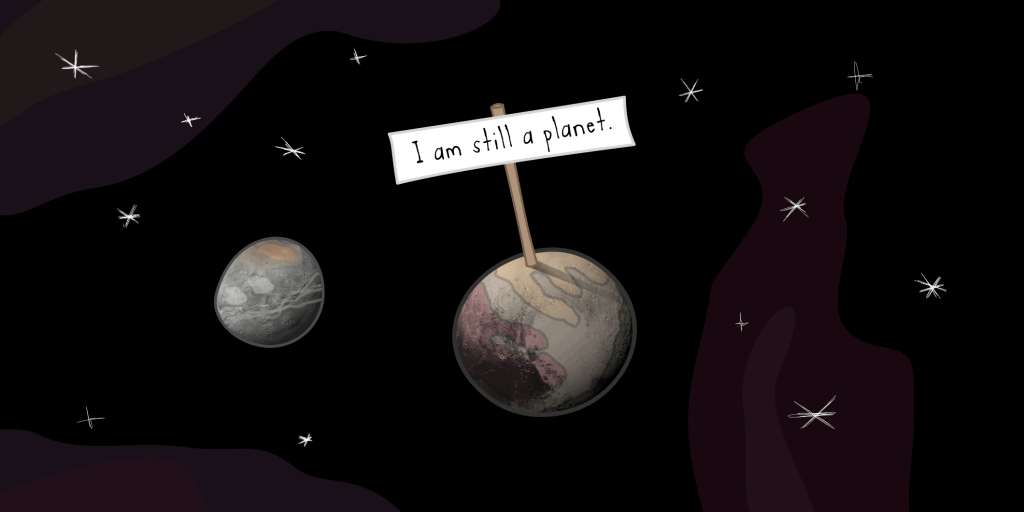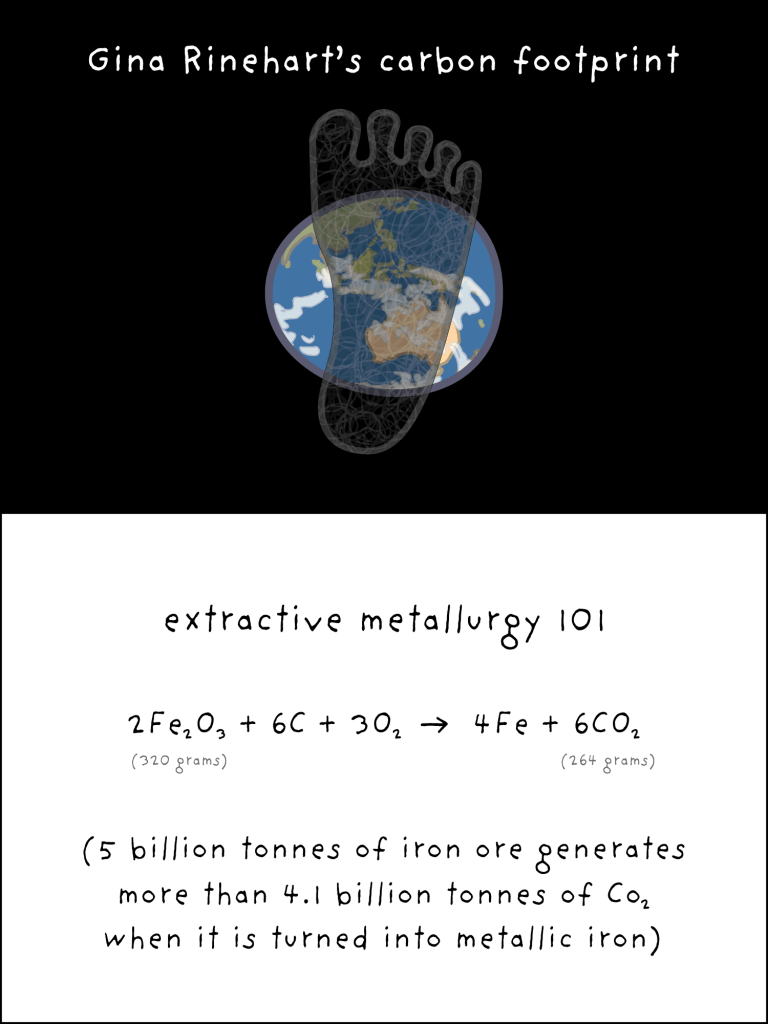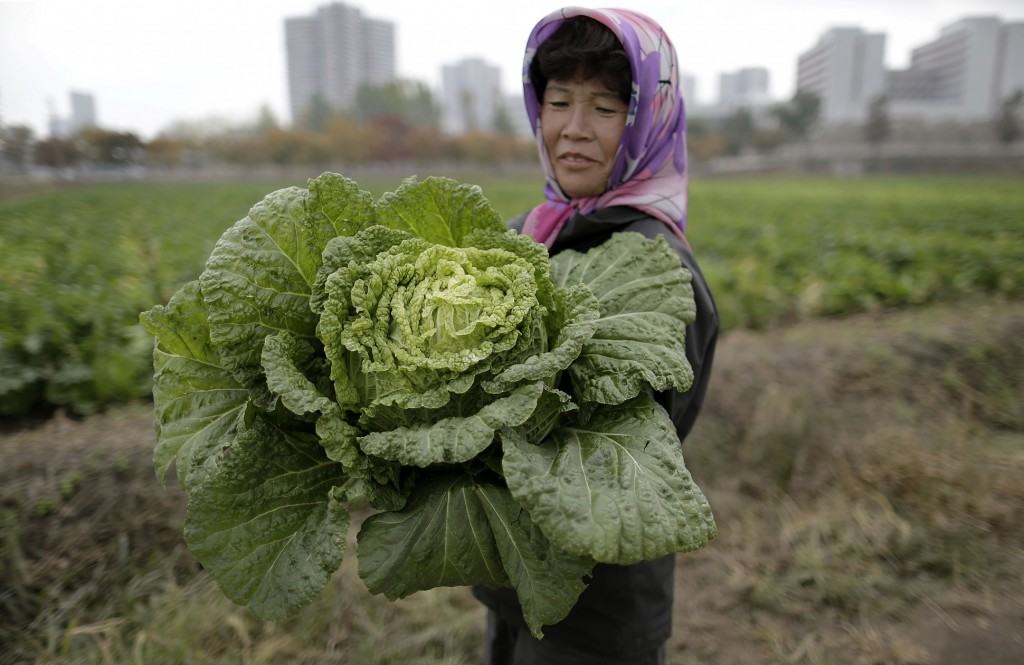>sign the petition to reinstate Pluto‘s full planet status<

Hello.
This is Pluto speaking here.
Look, I wasn’t very happy when some scientists took away my “full planetary” status in 2006 without even consulting me directly. And I’m not alone.
I’ve been thinking about it – and this whole ‘dwarf’ designation has never really sat well with me ever since. And my moon Charon is not to thrilled about it either… because that would make her the moon of a dwarf planet, aka a “dwarf moon”.
Especially when you say that I’m a dwarf planet, and then go on to say “which is not really a planet”. Imagine how Jupiter would react if you said: “Jupiter is a gas giant planet… which is not really a planet!” !!
And then you gave me a number. What do you call it? “Minor planet designation”. Wait a second. Let me look that up. Let’s see here, what have I got, I knew I had it somewhere… “134340”. That’s it. “134340”. That doesn’t sound very special to me. One minute I’m named after a God. And the next thing someone has placed this completely arbitrary bogus number IN FRONT OF my name. Not after it mind you. BEFORE! Like this: 134340 Pluto. One-three-four-three-four-zero-pluto. To a planet, this is invective! [Read more…]


